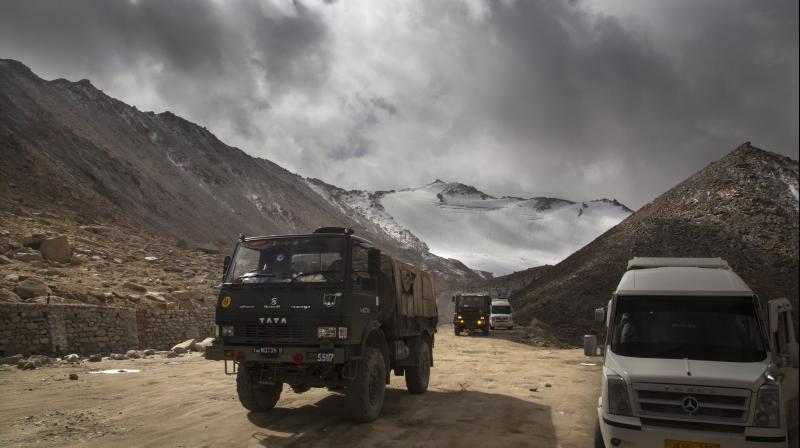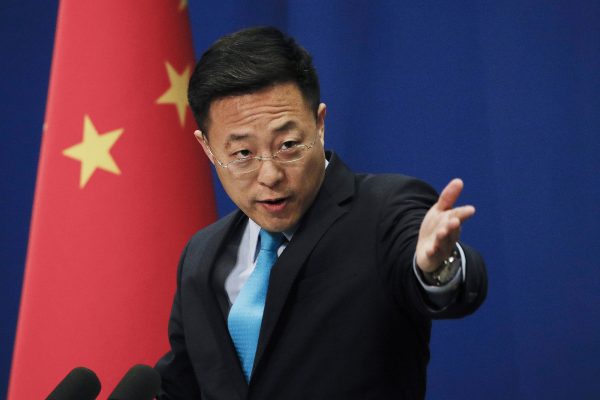googletag.cmd.push(function() { googletag.display('div-gpt-ad-1343666802946-2'); }); Telling the China Story
Second, as China becomes more powerful, some other countries increasingly view its development as a threat to their national interests. These countries are generally unprepared or unwilling to accept China’s rise. Many Chinese believe the Western media portrayal of China is highly biased, often with ideological and racist tinges. Wolf-warrior diplomacy is part of the Chinese government’s endeavor to “tell the China story.” The latest diplomatic offensive is also part of the official effort to project China as a great power leading the global fight against the COVID-19.
China’s image suffered during the crisis due to its bungled handling of the outbreak at the early stage. Many blame China for initially covering up the human-to-human transmission of the virus and not sharing complete information with the international community.
From China’s perspective, wolf-warrior diplomacy is a direct response to “unfair” approaches by other countries, especially the U.S., toward China and the Chinese people. For example, earlier this year, the United States and China were engaged in a race to expel journalists, starting after the publication of an
op-ed entitled “China Is the Real Sick Man of Asia” in
The Wall Street Journal. When the WSJ refused to apologize, China
expelled three of its journalists. Shortly afterwards, the U.S. State Department
declared five Chinese media outlets “foreign missions,” requiring them to register personnel and property with the US government and cut the number of Chinese nationals working there. In retaliation, China
expelled more American journalists.
Zhao’s claim that the coronavirus might have been brought to Wuhan by the U.S. military was a response to U.S. politicians’ calling it “Chinese virus.” Hawks in the Trump administration, notably Secretary of State Mike Pompeo, continue to use the term “
Wuhan virus,” in defiance of the World Health Organization
guidelines, to shift all responsibility to China.


